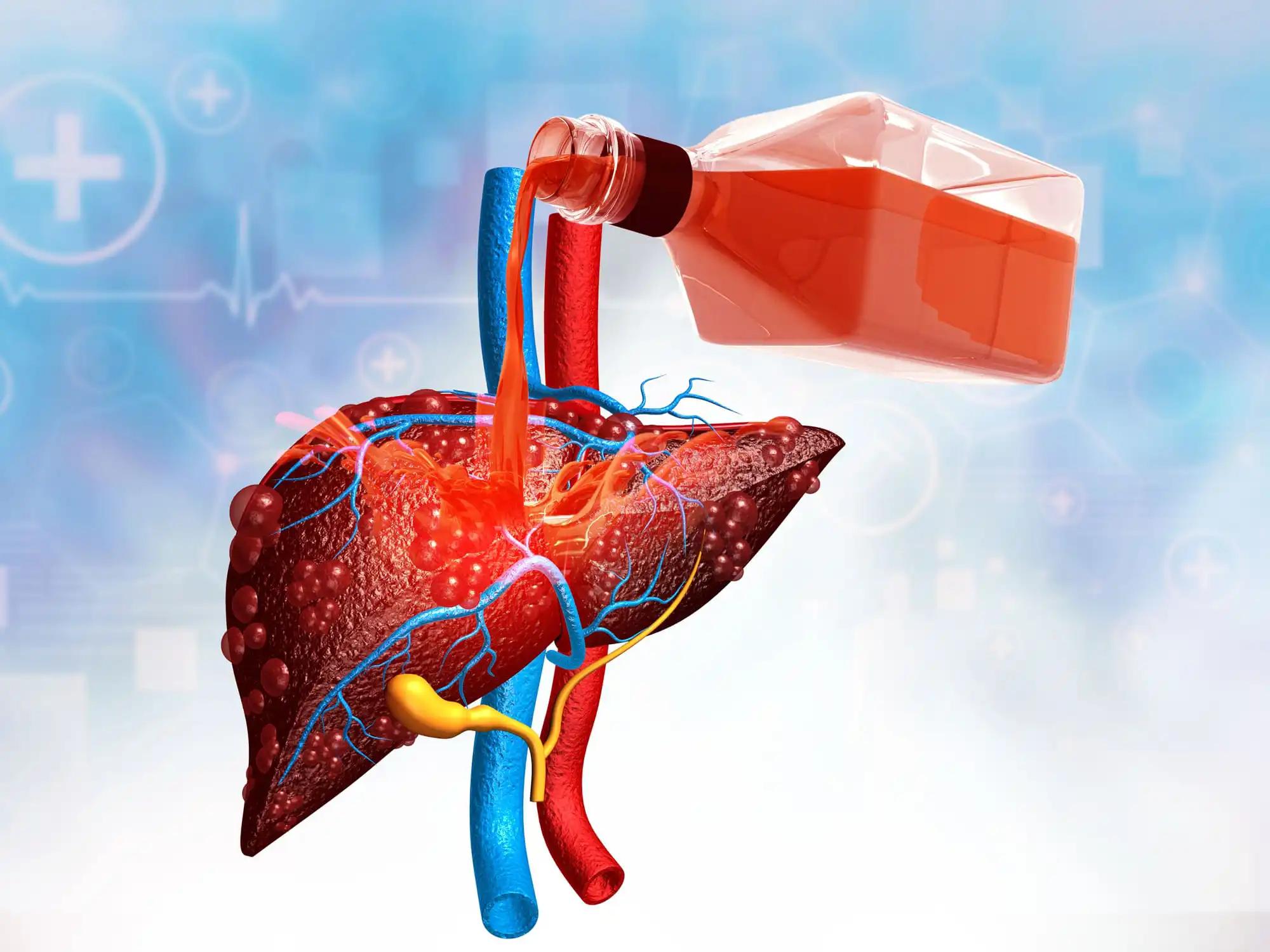KEY TAKEAWAYS
- Phase 3 trial (CheckMate-459) evaluated the cost-effectiveness of atezo-beva vs. nivolumab for advanced/unresectable hepatocellular carcinoma.
- The primary aim was to compare OS, PFS, and the cost-effectiveness of treatments.
- Atezo-beva increased life and quality-adjusted life years but also increased cost per patient.
- The incremental cost-effectiveness ratio was $113,892 per QALY, and the model was most sensitive to HR for progression-free survival.
- Atezo-beva is likely cost-effective as a first-line treatment for advanced/unresectable hepatocellular carcinoma compared to nivolumab at a WTP threshold of $150,000 per QALY.
For patients with advanced or irresectable hepatocellular carcinoma, it is still unclear whether treatment with atezolizumab plus bevacizumab (atezo-beva) is more cost-effective than treatment with nivolumab. The cost-effectiveness of these therapies in the United States was evaluated in this study. Using information from the IMbrave150 (NCT03434379) and CheckMate 459 (NCT02576509) trials, a cost-effectiveness analysis was conducted utilizing a network meta-analysis framework. A total of 1244 patients participated. The cost-effectiveness analysis used a partitioned survival model. Additional sensitivity analyses, both deterministic and probabilistic, were run to assess the stability of the model. The data was also broken down into subgroups.
Both overall survival and PFS were improved with atezo-beva compared to nivolumab, with an HR of 0.68 (95% CI, 0.48-0.98) and 0.63 (95% CI, 0.47-0.85), respectively. The average cost of atezo-beva treatment was $78,280, with an additional $1,130 in life expectancy and $69 in QALYs gained per patient. The incremental cost-effectiveness ratio per quality-adjusted life year was $113,892. At a WTP threshold of $150,000 per QALY, the incremental net health benefit and the incremental net monetary benefit were 0.17 QALYs and $24,770, respectively. The progression-free survival HR was the most sensitive variable in the model. For most subgroups, the likelihood that atezo-beva would be cost-effective was greater than 50% at the WTP threshold of $150,000 per QALY. Compared to nivolumab, atezo-beva is a cost-effective first-line treatment for advanced or unresectable hepatocellular carcinoma at a WTP threshold of $150,000 per QALY and current drug pricing.
Source: https://pubmed.ncbi.nlm.nih.gov/36111952/]
Clinical Trial: https://clinicaltrials.gov/ct2/show/NCT02576509
Li Y, Liang X, Li H, Chen X. Atezolizumab plus bevacizumab versus nivolumab as first-line treatment for advanced or unresectable hepatocellular carcinoma: A cost-effectiveness analysis. Cancer. 2022 Nov 15;128(22):3995-4003. doi: 10.1002/cncr.34457. Epub 2022 Sep 16. PMID: 36111952.



